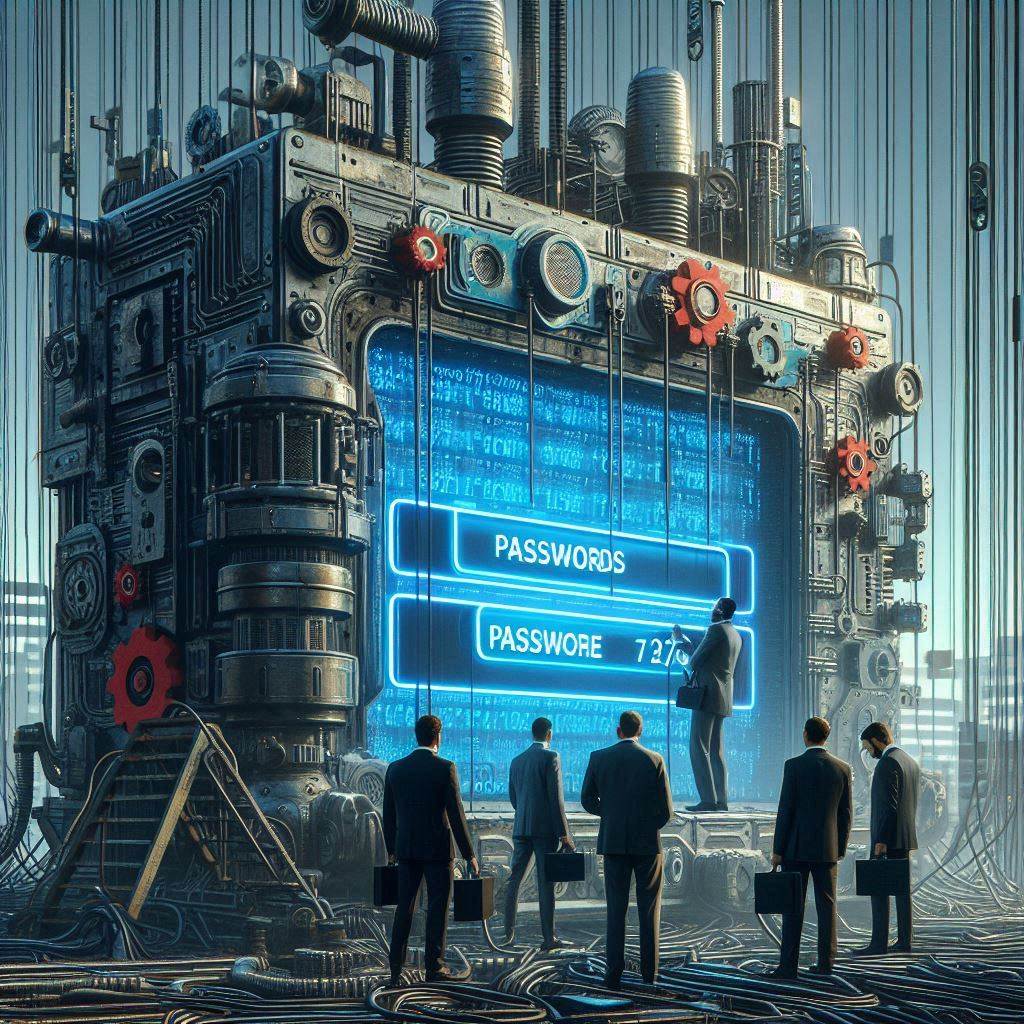Ways to Protect Your Passwords Effectively
Passwords are a crucial part of keeping your online accounts secure. Without the right security measures, your passwords can easily be stolen or guessed, leaving your data vulnerable to malicious actors. To ensure that your passwords are as secure as possible, here are the most effective ways to protect them.
What is a Password?
A password is a secret string of characters used to authenticate a user and give them access to a computer system, website, or application. Passwords are typically composed of letters, numbers, and symbols and are case sensitive.
Why are Passwords Important?
Passwords are a key component of security for any online account. Without a strong password, malicious actors can gain access to your accounts and steal your data. Passwords are also used to verify your identity and protect your personal information, such as your credit card number or address.
Create Unique Passwords
Creating unique passwords for each of your online accounts is essential for keeping them secure. When creating a password, try to use a combination of letters, numbers, and symbols that is difficult to guess. It’s also important to avoid using personal information, such as your name or date of birth, as part of your password.
Use a Password Manager
Using a password manager can help you keep track of your passwords and make sure that they are secure. Password managers store your passwords in an encrypted database, and can generate strong passwords for you. They also allow you to easily access your passwords from any device.
Avoid Common Password Mistakes
When creating a password, it’s important to avoid common mistakes that can make it easier for malicious actors to guess your password. This includes using common words or phrases, using the same password for multiple accounts, and using easily guessable sequences of numbers or letters.
Don’t Share Passwords
Sharing your passwords with others is never a good idea. Not only does it put your accounts at risk, but it can also put your friends and family at risk if their accounts are connected to yours. If you need to share a password with someone, make sure to use a secure method, such as a password manager.
Enable Multi-Factor Authentication
Multi-factor authentication (MFA) adds an extra layer of security to your accounts by requiring you to enter a code sent to you via text message or email in addition to your password. This makes it much harder for malicious actors to gain access to your accounts, even if they have your password.
Don’t Reuse Passwords
Using the same password for multiple accounts is a major security risk, as it makes it much easier for malicious actors to gain access to your accounts. It’s important to create unique passwords for each of your online accounts to ensure that they remain secure.
Change Passwords Regularly
Changing your passwords on a regular basis is a good way to make sure that your accounts remain secure. It’s recommended that you change your passwords at least once every three months to ensure that your accounts are not vulnerable to malicious actors.
Be Aware of Phishing Scams
Phishing scams are a common way for malicious actors to gain access to your accounts. These scams involve sending emails or messages that appear to be from a legitimate source, but are actually designed to steal your passwords. To protect yourself, be aware of the signs of a phishing scam and never click on links or enter your passwords into suspicious websites.
Summing up Effective Ways to Protect Your Passwords
Passwords are an essential part of keeping your online accounts secure. To ensure that your passwords are as secure as possible, it’s important to create unique passwords for each of your accounts, use a password manager, avoid common mistakes, and enable multi-factor authentication. Additionally, it’s important to be aware of phishing scams and never share your passwords with anyone. By following these tips, you can ensure that your passwords remain secure and your accounts remain safe.




![Crafting Unforgettable Passwords: A Guide for Developers A string of random characters typically has higher entropy compared to a few common words due to the vast number of possible combinations. For example, a 10-character lowercase password has roughly the same entropy as a 4-word passphrase picked from a 5000-word dictionary [5].](https://passwordclinic.com/wp-content/uploads/2024/06/automation-section-3-150x150.webp)






![At [Company Name], we recognize the importance of securing our digital assets and protecting sensitive information. One of the primary ways we safeguard our systems is through the effective use of passwords. This policy outlines the standards and procedures for creating, managing, and protecting passwords within our organization.](https://passwordclinic.com/wp-content/uploads/2024/06/OIG3-59.jpg)
